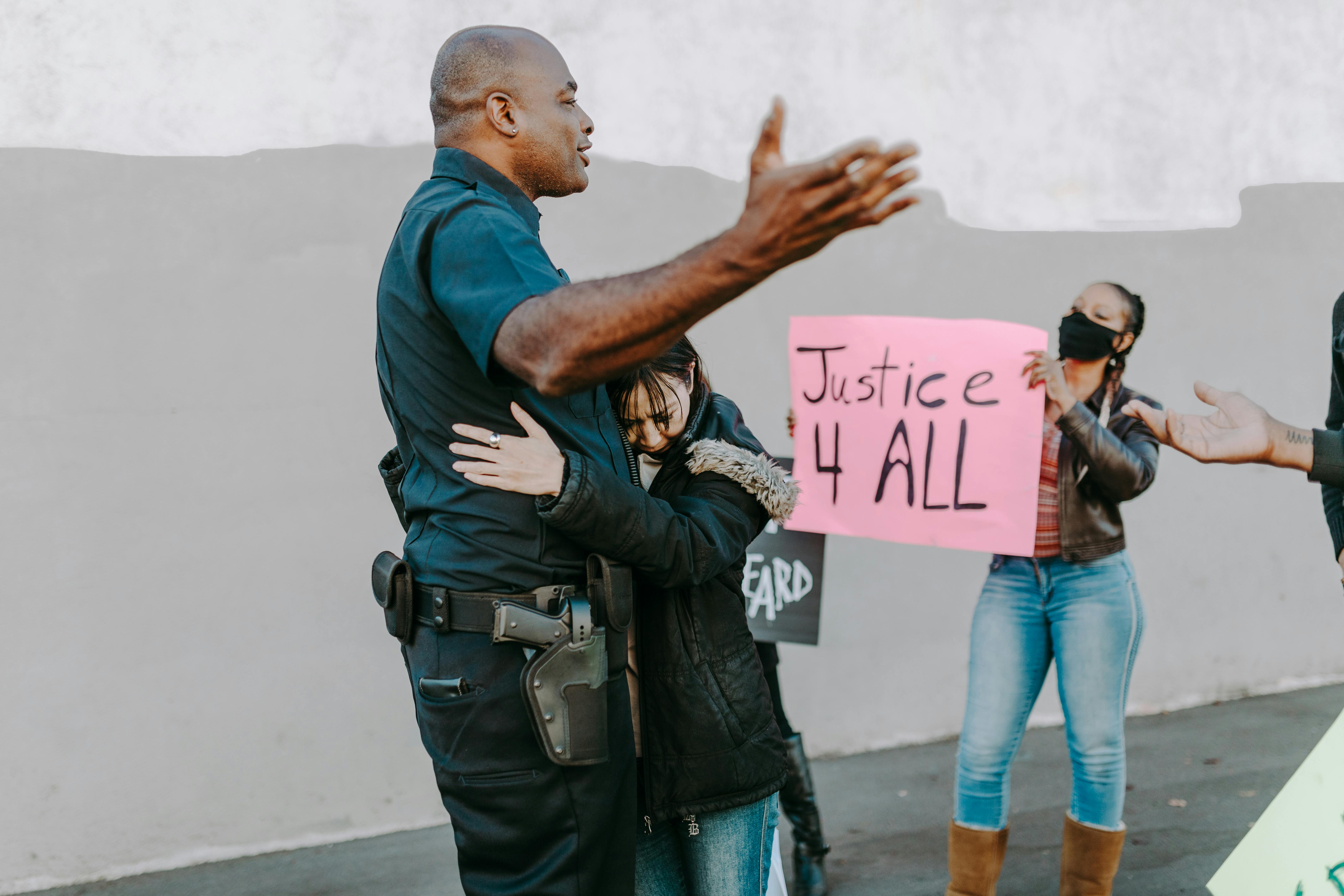The importance of people’s cultures is indisputable and is proven by various empirical studies. Culture defines the composition of societies. This includes your belief systems, norms, ideals, values, and ethics. This makes it easier to preserve the good cultural gems of one people from one generation to the next. As part of the culture of a people, the naming trend is part of the beautiful culture of an ethnic society.
The names carry the historical episode of many societies. In Ghana, names are directly related to historical events in the lives of individuals or sometimes particular families. As an example, many children born in Ghana on Wednesday March 6, 1957, when the country gained its independence from British rule, were called ‘Kwaku Ghana’ (Kwaku, the name of a boy born on Wednesday) or ‘Akua Ghana ‘(Akua- the name of a girl born on Wednesday) to remember this iconic moment in the history of the Ghanaian people.
Usually, people receive the name of the event as a form of remembrance. A boy is called ‘Nkyiridwo Kojo’ (a boy born on Monday when the Nkyiridwo festival was commemorated). This name links the person to their place of ancestry, hence Essumeja in the Ashanti region of Ghana, which is the host community for the ‘Nkyiridwo’ (Monday Taboo) festival. Some people were named after particular social or national events. For example, many families who experienced the 1983 Ghana famine crisis named their family members born the year after this unforgettable episode in their lives. Examples of such names include ‘Abrafi Kom’ (You came home in the period of famine). Interestingly, those who were born just when the food became abundant were also called ‘Kofi Kumkom’ (‘Kofi’, a male child born on Friday, ‘Kumkom’, who killed hunger or hunger).
In addition, the ordeals or good times are given as names that perfectly describe the situation that a family went through on the eve of birth. For example, a child is called ‘Antobere’ (Did not experience pain) when the child came to enjoy the good times of the family and did not experience its poor and sad moments. A child can be called ‘Abebrese’ (untold or intense pain) because the parents went through very difficult times financially. It can also be the result of labor pains that the child brought to the mother during her conception until she finally gave birth.
Also, to remember the special commercial or social duty assigned to particular families in society, their duty is attached mainly to their first names. For example, members of a family from which spiritualists or traditional priests and priestesses who offer traditional spiritual services are born in Ghana are given the surname ‘Akom’ (traditional priestly duty).
Also, many people are named after their family ancestors just to maintain their lineage and memories of ancestry. Many Ghanaian parents sometimes name their children after good personalities whose brilliant examples are worth emulating. The strong belief is that names reflect the attitudes of their bearers. Although this is not always true, it dampens the wearer to walk the dignified path of the original owner of the name. In fact, names are repositories of people’s historical and cultural heritage and have a great impact on their bearers.
